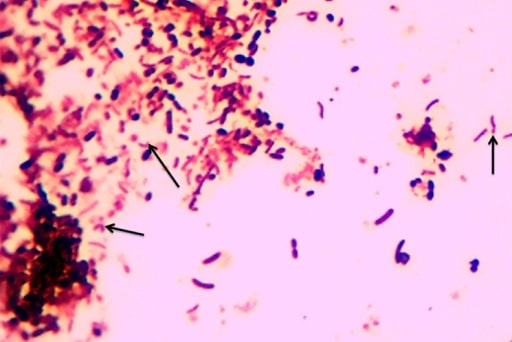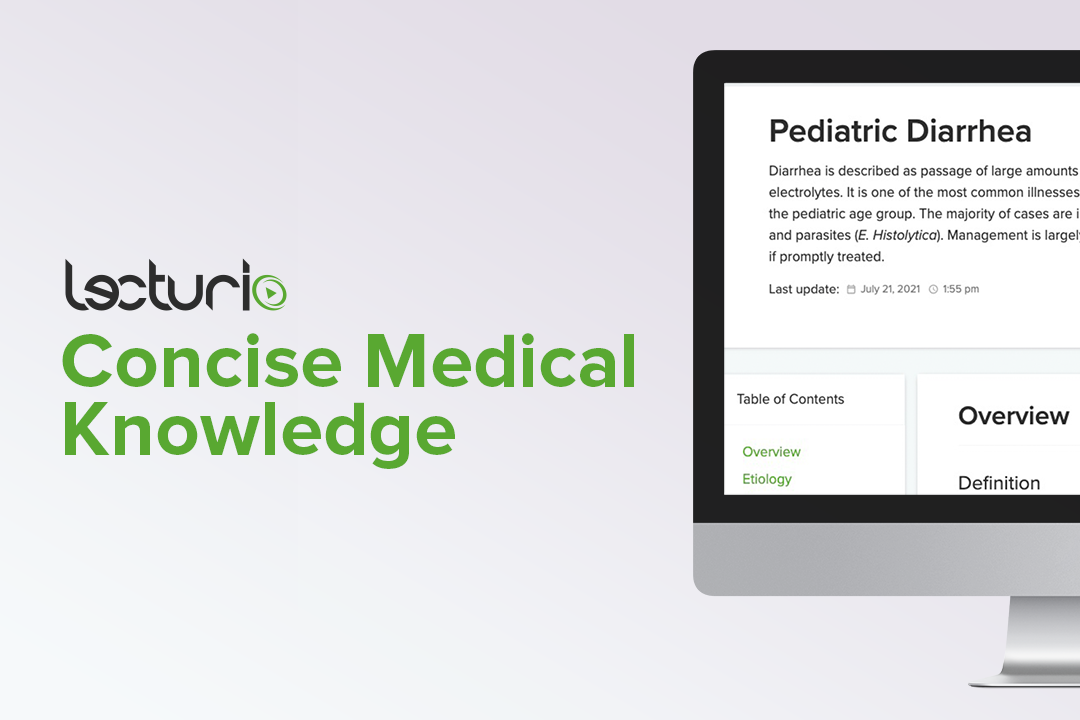Playlist
Show Playlist
Hide Playlist
Pediatric Diarrhea: History & Physical Exam
-
Slides Gastroenteritis.pdf
-
Download Lecture Overview
00:02 So if you see a child with vomiting and/or diarrhea, what are key things you want to ask? First is obviously fever. 00:10 Children with infectious diarrhea typically may have a fever. 00:14 Ask about blood or mucus in the stool. 00:16 This may tip you off if this is bacterial as opposed to a viral pathogen. 00:22 Most bacterial gastroenteritis requiring treatment is bloody. 00:28 Ask about exposure to farm animals or reptiles. 00:31 This is actually a really important question because a common cause of salmonella in children is reptile pets and a common cause of E. coli, especially the variety that causes hemolytic uremic syndrome, is from farm animal exposure. 00:49 Petting zoos are a big problem in the United States if children don’t wash their hands with alcohol after they pet the animals. 00:58 Suspicious foods are always a potential cause and we hear about outbreaks all the time. 01:03 For example, E. coli in spinach, this happens periodically and so when such a thing happened, you might ask about suspicious or also undercooked foods, things like uncooked eggs, which might show up in raw cookie dough. 01:17 Ask about recent travel. 01:18 Recent travel’s important because there are some causes of diarrhea that are unusual in the United States that may be more prevalent in developing countries. 01:27 And of course, as about recent antibiotic use because C. diff is a possibility as well as the antibiotic-associated diarrhea. 01:37 So on exam, critically important to look for signs of dehydration. 01:42 Tenting is rare and is only at extreme ends of dehydration. 01:47 Mostly, you’re going to look at mucus membranes and see if they’re moist. 01:50 See if the child is making tears when they cry. 01:53 Look for sings of systemic infection. 01:55 Is there something else going on. 01:57 The abdominal exam is critical especially, especially looking for rebound guarding, things like that where the child doesn’t want you pressing on their abdomen. 02:07 In babies, this can be tricky. 02:09 The baby, if you’re careful, will seem to resist you if you squeeze on their belly. 02:15 But in a crying baby who doesn’t want to be examined in the first place, this can be a challenge. 02:20 A perianal inspection is important on children especially if you’re concerned about inflammatory bowel disease. 02:27 Sometimes, a rectal tag or fissure is the best clue you have that the child has Crohn’s disease.
About the Lecture
The lecture Pediatric Diarrhea: History & Physical Exam by Brian Alverson, MD is from the course Pediatric Gastroenterology.
Included Quiz Questions
A 16-year-old has had diarrhea for the past four weeks. Perianal examination may be beneficial for this patient to diagnose which of the following diseases?
- Inflammatory bowel disease
- Viral gastroenteritis
- Bacterial enteritis
- Celiac disease
- Cholera
Farm animal exposure can be related to which of the following causes of diarrhea?
- E.coli infection
- Hepatitis A
- Legionella
- Shigella
- Viral enteropathy
Which of the following may be seen in a dehydrated child?
- Tearless crying
- Confusion
- Excessing crying
- Vertigo
- Cyanosis
Customer reviews
5,0 of 5 stars
| 5 Stars |
|
1 |
| 4 Stars |
|
0 |
| 3 Stars |
|
0 |
| 2 Stars |
|
0 |
| 1 Star |
|
0 |
Excellent lecture. Good overview of diarrhoea with the definitions, etiologies and the most frequent diagnoses. Good explanation of the questions to ask to the parents.





